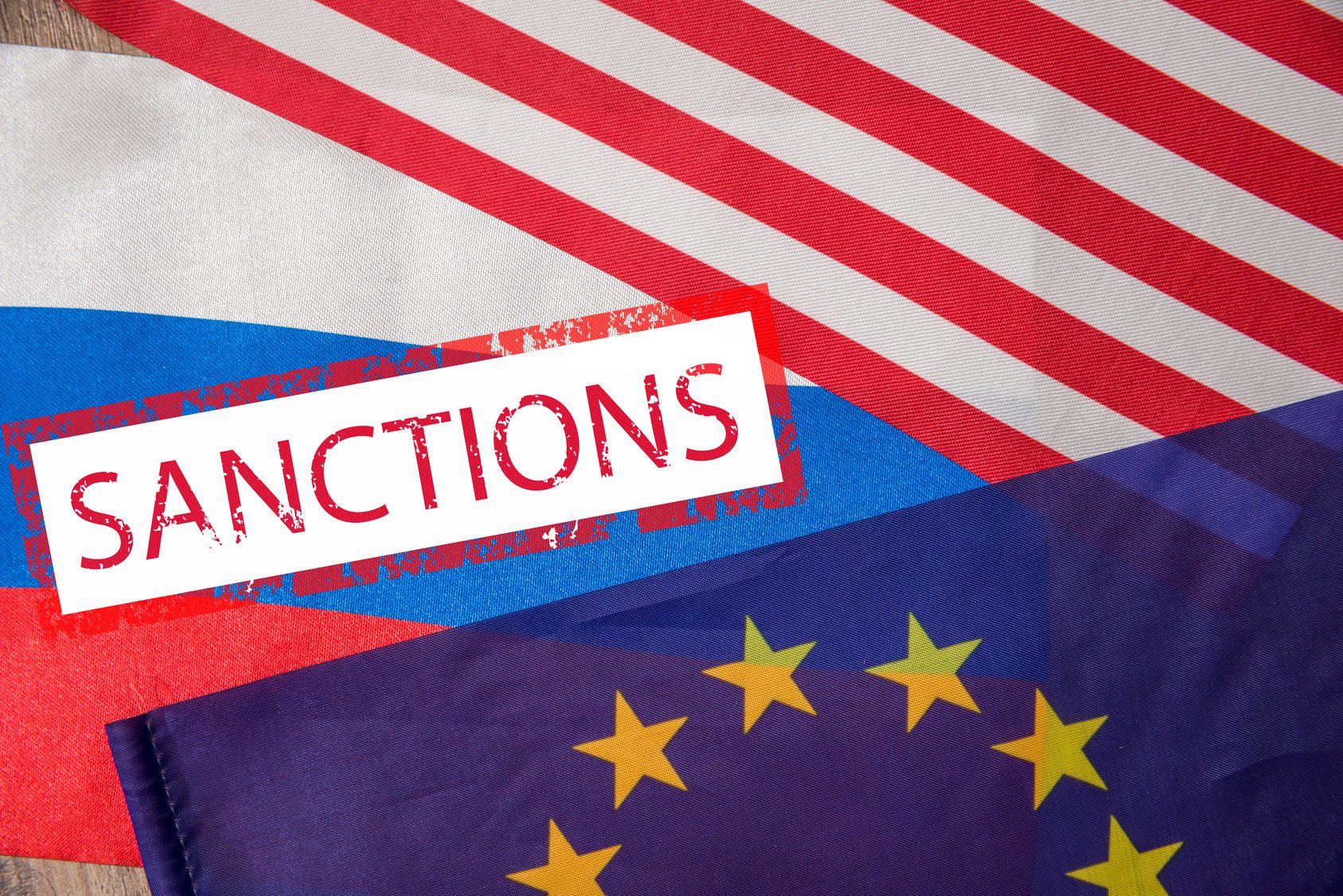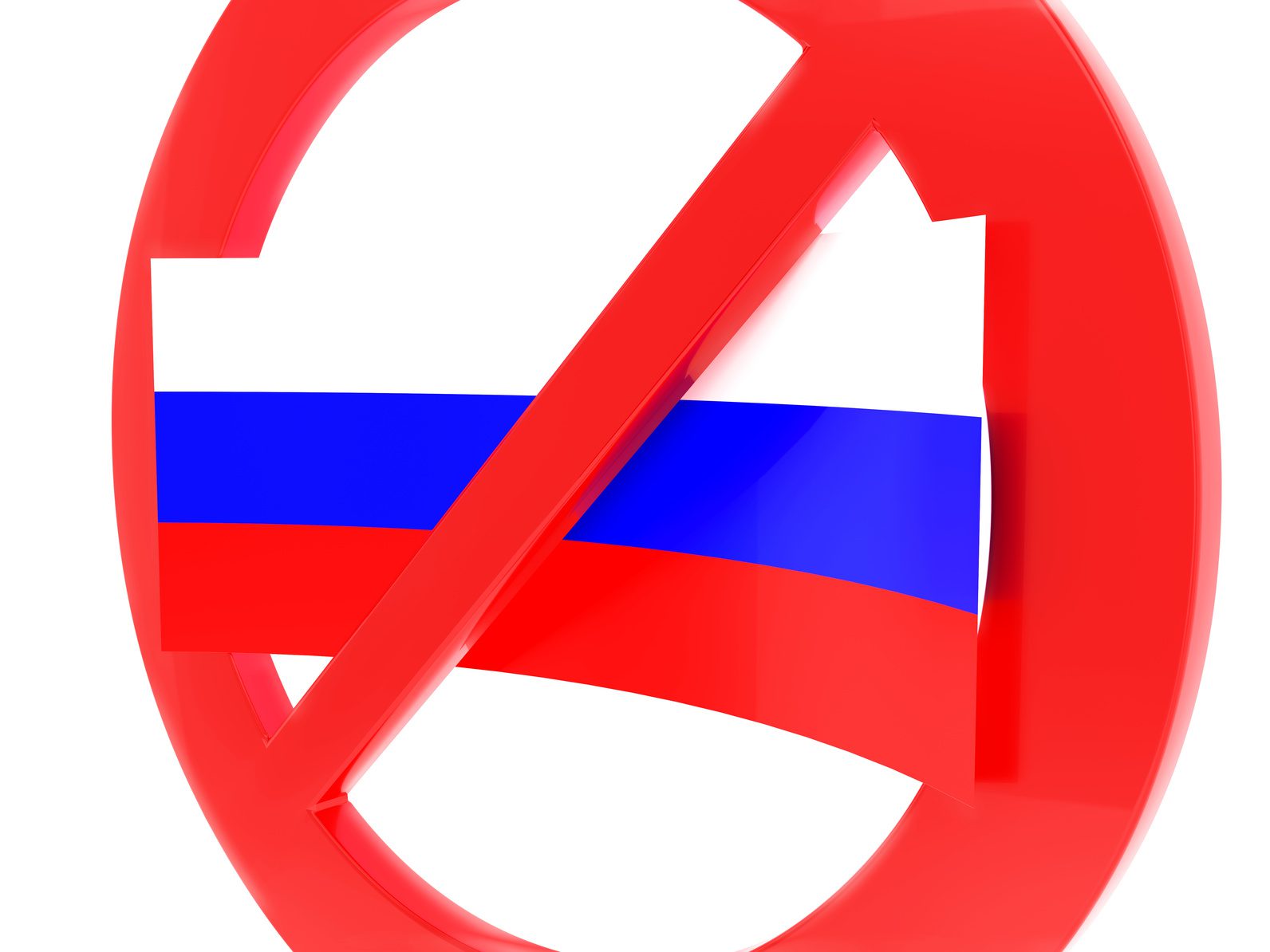Russia trampled international laws with annexation of Crimea (previously part of Ukraine) to its territory and is reeling under wrath of sanctions imposed by the EU, the USA, Australia, Canada, Norway, and Switzerland, among others. Over a period of time, the sanctions have expanded to inflict economic damage to Russia by targeting its financial, energy, and military sectors. Even though the ball has always been in Russia’s court, the country has only deepened the damage by retaliating with food embargos and standing adamant on its decision to hold on to Crimea against Ukraine’s sovereignty.
The sanctions are intended to limit trading relationships with Russia, which in turn have adversely affected both the EU and the USA. The economic impact is more intensive on the EU member countries and Russia, as they were engaged in high volume and value trading relationship.

Russia’s economy is suffering under the contracting GDP, growing inflation, capital flight, as well as Ruble depreciation. Economic turbulence has been further intensified with plunge in global oil prices — as Russia’s is one of the world’s largest oil producers, with oil and gas exports accounting for 70% of its export income.

The sanctions also had a crumbling effect on the Western companies operating in Russia. Several luxury and consumer goods companies had previously flocked into Moscow to capture the growing middle class market, however, Russia lost its attractiveness and image to being a ‘malignant country’ post Crimea annexation. After the sanctions were imposed, several consumer goods companies shut down their operations — Zara, a Spanish fashion brand, closed flagship store in Moscow in 2014. Wendy’s (an American international fast food restaurant chain), Esprit (China-based clothing brand), and River Island (British fashion shop) are also planning to end their operations in Russia. Consumer spending and retail sales reflect the economic sanctions with retail sales falling 7.7% y-o-y in February 2015.

In August 2014, Russia devised a strategy to retaliate against Western countries by banning agricultural import of certain products from the USA, the EU, Canada, Australia, and Norway. Presently, the Russian government is encouraging domestic production to reduce reliance on imports. However, it will take at least five years, if not more, before import substitution starts yielding real impact on domestic food availability and the Russian economy.

EOS Perspective
There is no doubt that sanctions along with falling oil prices have damaged Russian economy. Decline in oil prices strained the availability of domestic liquidity, which could normally be compensated with foreign debt market borrowings. However, borrowing has been prohibited by the ban on Western debt and credit, which intensified the situation and put crushing pressure on the Russian economy.
It is expected that the sanctions are not going to be lifted any time soon, which is projected to bring absence of foreign loans, which in turn is likely to be paired by significantly reduced of foreign investment. This could be a major challenge for Russia, as the FDI tends to be one of the key sources of capital and technologies in emerging nations. With this isolation, Russia might not be able to keep the necessary pace of growth due to lack of capital and limited trading relationships.
Under the pressure of sanctions, Russia can be expected to undergo a transformation to rebalance its economy — with Western companies exiting Russia, their place could be taken by Asian counterparts or domestic companies. For instance, in October 2014, Russia signed 40 agreements with China spanning energy, financial, and technology sectors. Further, Chinese banks agreed to offer credit lines valued at US$ 4.5 billion to Russian banks and companies. These recent agreements clearly show that Russia has been seeking to deepen its strategic ties with Middle Kingdom, intending to improve trade between the two countries to double it to US$ 200 billion by 2016 end.
Sanctions are likely to continue to deeply impact Russia’s key choices in its internal policies as well as the international arena, with expected focus to increase domestic production and choosing Asian allies over Western partners to establish trading relationships.






